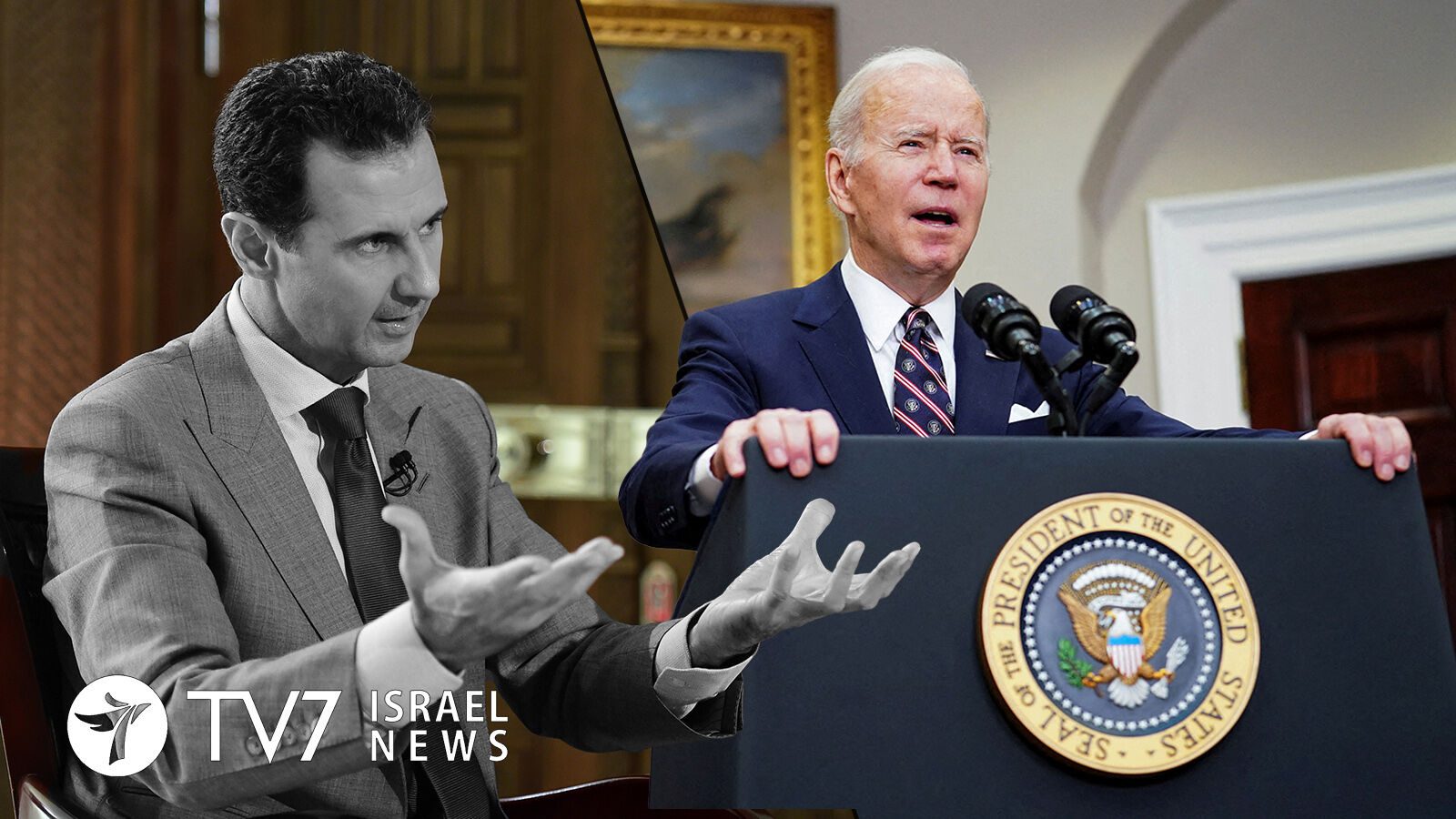The move marks Washington’s first action targeting Damascus since its readmittance to the Arab League.
By Erin Viner
The US Treasury Department issued a statement accusing the two entities and three individuals of helping the regime of Syrian President Bashar al-Assad and his allies – Iran’s Islamic Revolutionary Guards Corps (IRGC) Quds Force and Tehran’s Hezbollah terrorist proxy – to maintain access to the international financial system in violation of sanctions.
Those designated for the latest round of punitive measures included two money service businesses, the Al-Fadel Exchange and Money Transfer Company and Al-Adham Exchange Company, as well as the individuals Fadel Ma’ruf Balwi, Mut’i Ma’ruf Balwi, and Muhammad Ma’ruf Balwi.
The action was taken pursuant to the US Executive Order 13582 and the Caesar Syria Civilian Protection Act. The latter was used previously to levy a tough round of sanctions on Syria in 2020.
“These two Damascus-based exchange companies have facilitated millions of dollars in transfers since 2021 to accounts at the US-designated Central Bank of Syria to benefit the Assad regime. US-designated Hezbollah has also used these exchange companies to transfer money from other regional countries to Syria. These actions build on the broader efforts to deny Hezbollah and Iran the financial resources used to sustain their malign activities in the region,” said US Secretary of State Antony Blinken in a statement.
“Our actions today further demonstrate that the United States’ commitment to promoting accountability for the Assad regime’s abuses and justice for victims is unwavering. Any foreign person who knowingly provides significant financial, material, or technological support to, or engages in a significant transaction with the Government of Syria, puts themselves at risk of US sanctions,” said Washington’s top diplomat, further urging “states in the region to consider carefully the atrocities committed by the regime on the Syrian people, some of which rise to the level of war crimes and crimes against humanity, as well as the regime’s continuing efforts to deny much of the country access to humanitarian aid despite carveouts from our sanctions that authorize such humanitarian activity to help the people suffering as a result of the regime’s cruelty.”
Secretary Blinken went on to underscore that the US “will use all tools at our disposal to push for reform and promote accountability for those who profit from the Assad regime’s atrocities and flagrant denial of human rights.”
Among allegations of brutality against insurgents is Syria’s use of chemical weapons. While the Assad regime denies such activity since being pressured to surrender its arsenal in 2013, repeated investigations by the United Nations and the Organization for the Prohibition of Chemical Weapons (OPCW) found that loyalist government forces used the nerve agent sarin and chlorine barrel bombs on insurgent-held territory in the war-torn country between 2015 and 2018 to kill or injured thousands.
The new sanctions come after Arab states earlier this month repaired a deep rift with Assad and readmitted Syria to the Arab League, in a milestone symbolizing regional rehabilitation even as the West continues to shun him after years of civil war.
Mideast states including Saudi Arabia and Qatar had for years supported anti-Assad rebels, but Syria’s army – backed by Iran, Russia and allied paramilitary groups – ultimately regained most of the country. The icy ties with Assad began to thaw more quickly after devastating earthquakes in Syria and Turkey in February.
The United States has said it will not normalize ties with Assad and has said Syria did not merit readmission into the Arab League.
